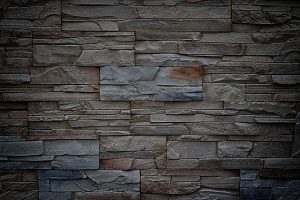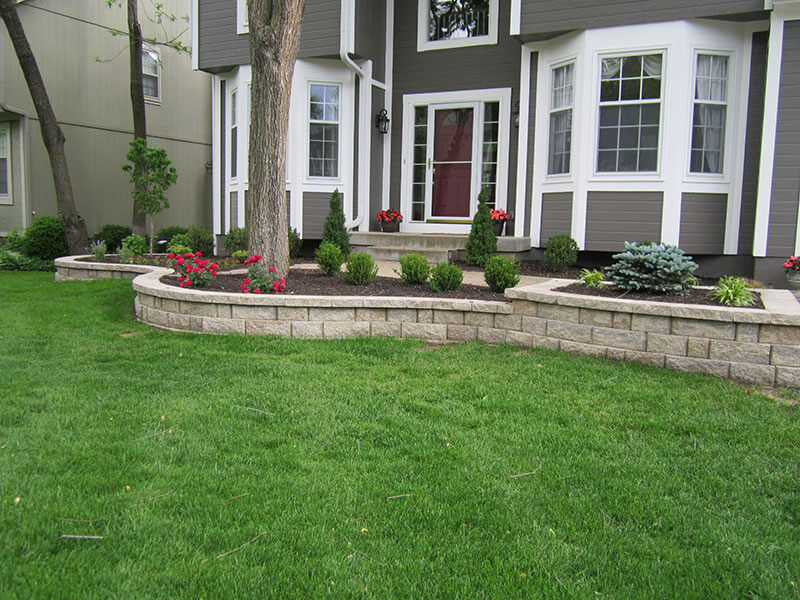Retaining Walls Melbourne are crucial to the health of the soil surrounding a house. Concrete retaining walls are intended to resist erosion and can also prevent flooding. But, retaining walls could be constructed using many distinct types of materials such as brick, rock and flagstone, to name a few. Additionally, concrete walls can be designed to resist fire. Properly installedconcrete retaining walls offer the base for any house’s landscaping and can add thousands of dollars of value to the house.
Retaining Walls Contractors
With appropriate care, retaining walls can endure for decades. In fact, most homeowners can enjoy this advantage for more than half their life! Even though this is an enormous savings for homeowners, there are certain aspects of these walls that must be properly maintained in order to ensure their longevity.
Retaining Walls Contractors
There are many factors which could result in corrosion in concrete retaining walls. As time passes, temperature changes, inclement weather and improper cleaning may cause these structures to erode. Sun, rain and end are some of the principal offenders that attack retaining walls. Along with direct sunlight, temperatures on warm summer days and cold winter nights could cause concrete to expand and contract. If left unrepaired, expansion and contraction can weaken the construction and even break down the concrete, resulting in openings and cracks.
Retaining Walls Contractors
Because stones and bricks tend to erode at different rates, homeowners must take special precautions when cleaning or washing their retaining walls. Bricks and stones must be cleaned using a mild cleanser such as dish water and soap. With a stiff brush and soap solution will loosen dirt that has been trapped inside the arrangement, however a harsher cleaner could be essential to reach the bottom of the wall. For places where stone or brick expansion or contraction has happened, a strong broom with medicated cleaning representative will probably work the best. These areas should then be raked to remove residual dirt.
Contractors working together with retaining walls ought to focus on two chief areas Because they’re often located near a home’s pipes or electric systems, homeowners must guarantee that any work done on their retaining walls is secure. Working around outlets and plumbing fittings need to be carried out carefully. Bear in mind, if there are pools or wells below a retaining wall, then there’s a possibility for the structure to fall if too much stress builds up against it. Working on a wall while it’s sitting flush with a foundation also poses a safety risk, and should be carried out thoroughly and carefully. It is never advisable to work on retaining walls without getting them encouraged by a professional.
The area encompassing a retaining wall can be a problematic area for DIYers. Since drainage is this an important concern in the region, homeowners will want to use a builder that understands how to install septic tanks and lines. Before starting any work, homeowners must consult their regional health department to make sure that any work completed on the walls won’t place citizens at risk of disease. A good contractor will have no problem explaining safety precautions that have to be taken. Even though this might take some time and effort to learn by yourself, taking with this additional responsibility with your builder ensures you will save money in the long run.
There’s more to installing retaining walls compared to simply hammering down them and adding mortar. Some professionals offer services such as adding decorative materials to walls, repairing broken seals, fixing leaky roofs and strengthening concrete walls. This final task can be very helpful when the retaining wall has to be reinforced due to continuous water pressure from over. In cases like this, contractors would use rebar, concrete panels and steel net to help fill the gap and fortify the wall.
One last step of installing retaining walls is covering them with watertight materials to keep out the elements. Moisture and rain may lead to damage to a newly constructed wall, so it’s best to seal it to protect it from the components. If a contractor offers several distinct sealants to select from, it’s in the homeowner’s best interest to use the best one to ensure that their newly acquired wall is sound and safe for years to come. While a lot of people may think these walls are difficult to construct, including all the materials and technology available, it is actually quite straightforward. Contractors will have the ability to assist homeowners determine what the best choice for their specific needs is.
